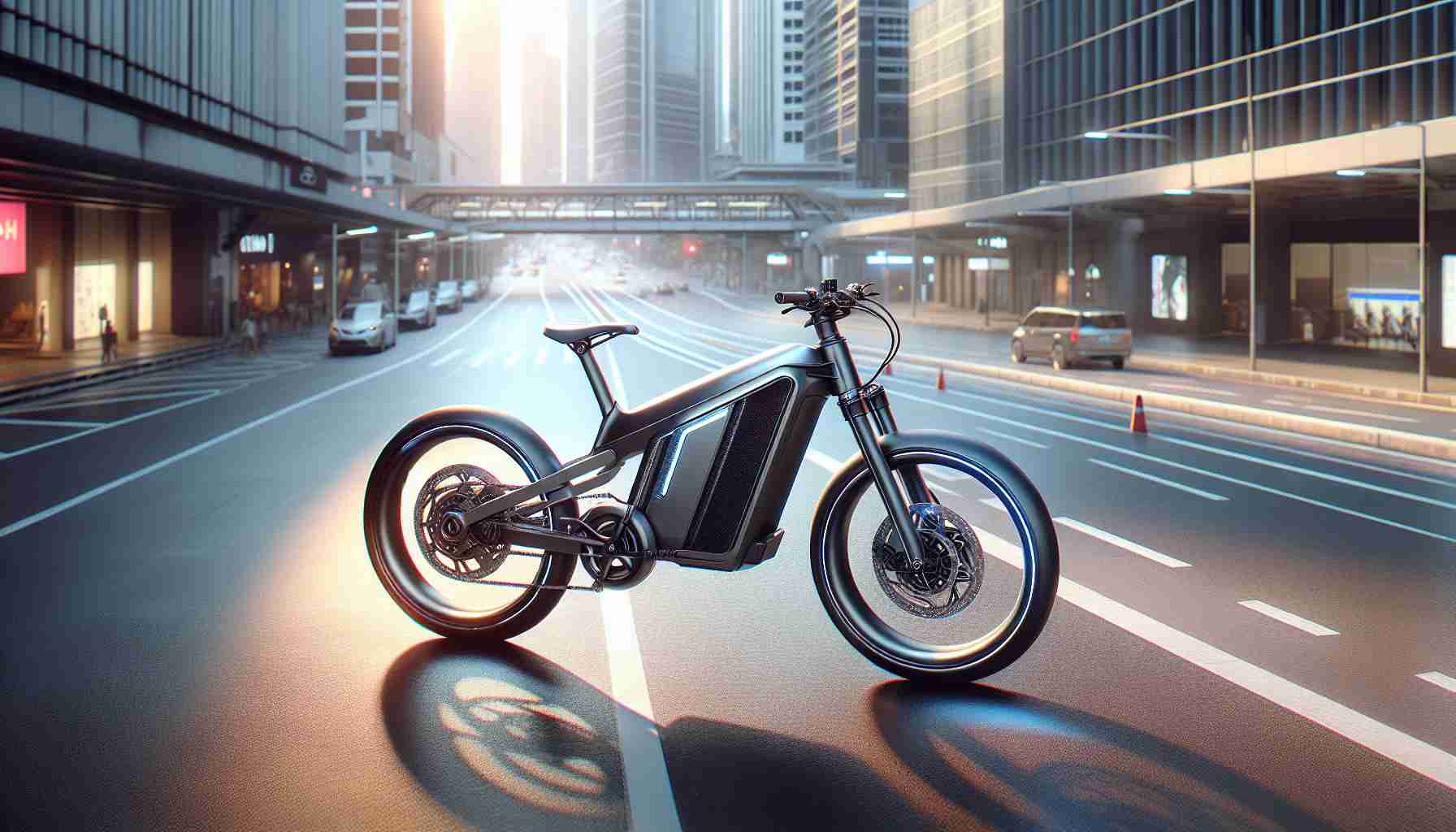Trek Unveils the Ultimate Urban E-Bike Adventure
Trek Bikes has introduced an innovative addition to its lineup, the ‘FX+ 7’, an urban e-bike poised to redefine city commuting. Tailored to conquer every challenge the bustling urban landscape throws at it, from steep staircases to serene pathways, this bike is perfect for the modern city dweller.
Weighing a mere 41 pounds, the ‘FX+ 7’ is incredibly portable and easy to lift over obstacles, making staircases a breeze rather than a barrier. It features a 250-watt motor that guarantees a smooth and quiet ride, ensuring that your journey doesn’t disrupt the peace of your neighborhood.
In terms of performance, this urban e-bike delivers an impressive 80 km of assisted riding on eco mode, catering to long-range commuters who prefer eco-friendly travel options. For those desiring even more autonomy, additional range extenders are available to expand your riding distance beyond the standard limit.
Starting at just under $4,000, the ‘FX+ 7’ is accessible in both high-frame and low-step options, allowing riders to choose a style that best suits their needs and preferences. This flexibility, combined with its robust features, makes it an enticing choice for anyone eager to experience the convenience and thrill of urban e-biking.
Discover the future of city biking with Trek’s latest creation, where innovation meets practicality, and every ride is an adventure waiting to unfold.
The e-Bike Revolution: What Lies Beyond the Urban Commute?
The introduction of the ‘FX+ 7’ by Trek Bikes highlights the growing trend of urban e-bikes tailored for city commuters. However, beyond urban environments, innovations in e-bike technology are set to impact various aspects of humanity and technological development.
Beyond the Commute: Expanding Horizons
While urban e-bikes like the ‘FX+ 7’ cater to city dwellers, the implications of e-bike technology extend far beyond urban commuting. E-bikes are becoming an integral part of tourism in rural areas, offering an eco-friendly way to explore vast landscapes without the environmental impact of traditional vehicles. Could we see e-bikes becoming the preferred mode of transport in nature parks and remote tourist destinations?
Innovative Batteries and Range Extenders
The introduction of advanced battery technology in e-bikes not only improves the range and efficiency of these vehicles but also has potential applications in other sectors. For instance, could the lightweight, efficient battery systems developed for e-bikes inspire improvements in portable energy storage for consumer electronics or renewable energy solutions?
Challenges and Controversies: The Sustainability Question
While e-bikes position themselves as an eco-friendly alternative, their production process still involves significant environmental considerations. The battery materials, primarily lithium and cobalt, are subject to mining practices that can harm the environment. Will advancements in battery recycling and sustainable sourcing practices enhance the sustainability of e-bikes, or will this remain a challenge?
Advantages and Disadvantages
Advantages: E-bikes provide an efficient, low-cost commuting alternative that reduces reliance on fossil fuels, decreases traffic congestion, and promotes healthier lifestyles. They also open up cycling to a wider demographic, including those who may find traditional biking physically challenging.
Disadvantages: The high initial cost of e-bikes, their dependence on battery technology, and the potential environmental impact of manufacturing and disposing of these batteries pose significant challenges. Are there affordable and sustainable solutions on the horizon?
The Future of e-Bikes: Questions and Answers
What makes e-bikes appealing beyond urban environments? Their quiet operation, minimal environmental impact, and ease of use make them suitable for various settings, including tourism and leisure activities.
How will the growth of e-bikes affect public transportation systems? As e-bikes become more common, there is potential for new infrastructures, such as dedicated bike lanes and charging stations, further integrating e-bikes into the transportation ecosystem.
For those interested in exploring the impact of technology on environmental sustainability, consider visiting link name for insights into ongoing innovations and developments in the biking industry.
In conclusion, while the ‘FX+ 7’ represents a significant step forward in urban commuting efficiency, the broader implications of e-bike technology highlight the potential for sustainable transport solutions in varied contexts. Will e-bikes pave the way for a greener future, or will they face obstacles that challenge their promise?







